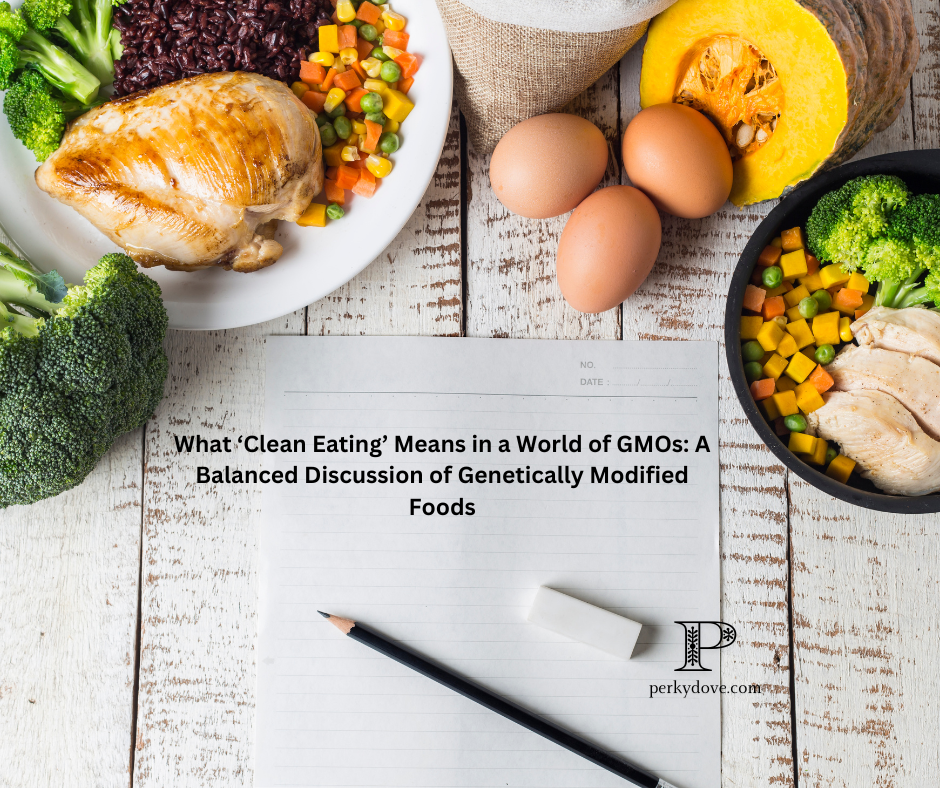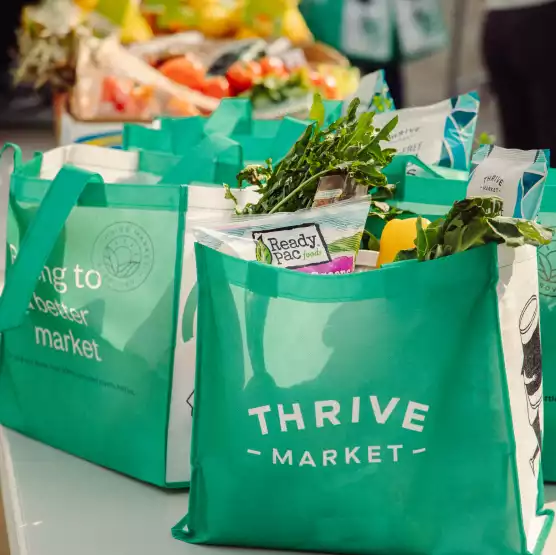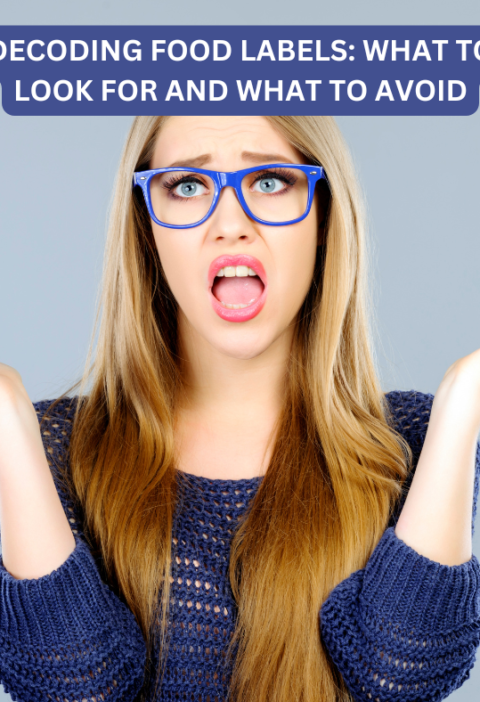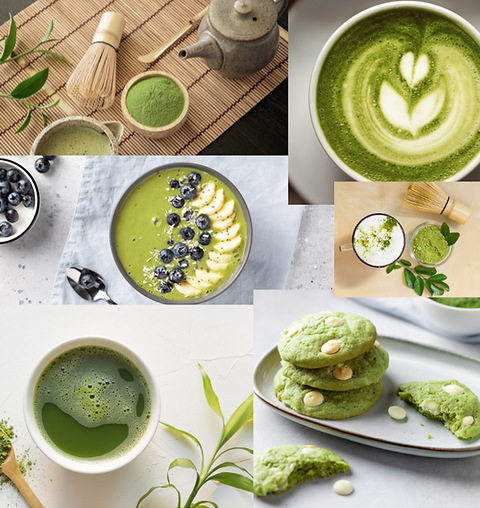We use affiliate links. If you purchase something using one of these links, we may receive compensation or commission.
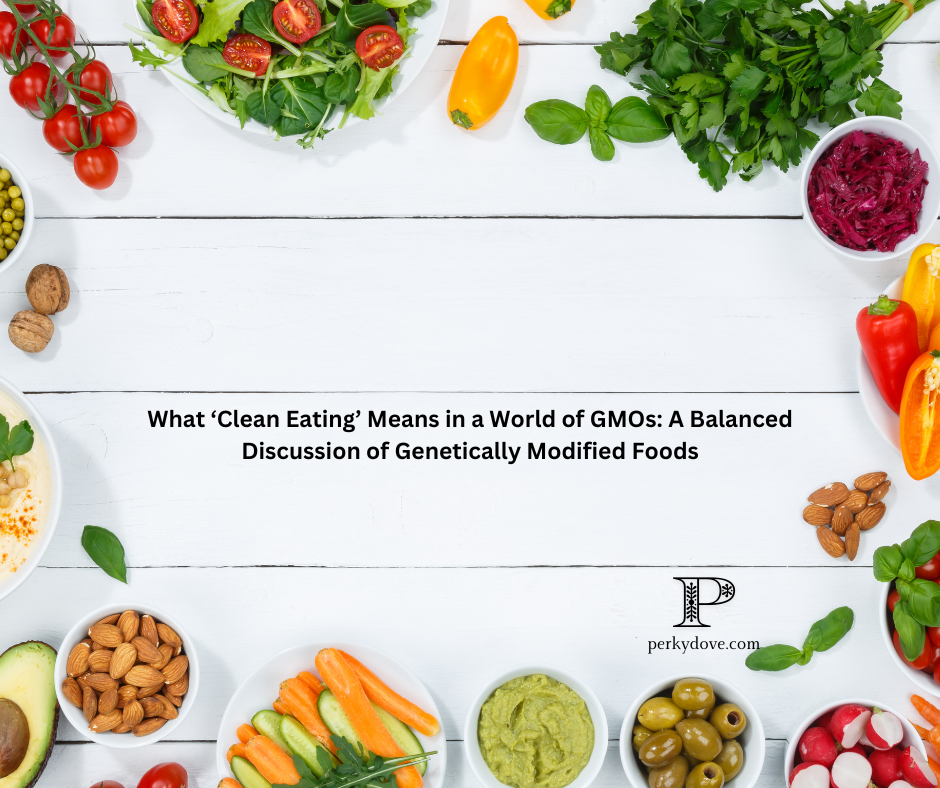
Clean eating has become a popular lifestyle choice, emphasizing whole, minimally processed foods. However, the concept becomes murky in today’s world of genetically modified organisms (GMOs). Are GMOs compatible with clean eating? This post dives into what GMOs are, their impact on health and the environment, and how they fit into a clean eating philosophy.
What Are GMOs?
Genetically modified organisms are plants, animals, or microorganisms whose genetic material has been altered using genetic engineering. Common GMO crops include soybeans, corn, and cotton. These modifications often aim to improve crop yield, resist pests, or enhance nutritional content.
While some view GMOs as a marvel of science and a solution to global food security, others question their safety, environmental impact, and ethical implications.
$60 in FREE groceries when you join Thrive Market
The Health Debate
Pro-GMO Arguments
-
Safety: Major health organizations, including the World Health Organization and the National Academy of Sciences, have stated that GMOs are as safe as their non-GMO counterparts for consumption.
-
Nutritional Benefits: Some GMOs are designed to offer enhanced nutrition, such as Golden Rice, which is fortified with Vitamin A to combat deficiencies in developing countries.
Concerns About GMOs
-
Allergens and Toxins: Critics argue that genetic modification could introduce new allergens or toxins into the food supply, although evidence of this is limited.
-
Long-Term Health Effects: The long-term effects of consuming GMOs remain a subject of ongoing research, leading some to prefer caution.
Environmental Considerations
Positive Impacts
-
Reduced Pesticide Use: Crops engineered to resist pests can reduce the need for chemical pesticides, potentially lowering environmental contamination.
-
Improved Yield: GMOs can help farmers grow more food on less land, potentially preserving natural habitats.
Negative Impacts
-
Biodiversity Loss: The widespread adoption of GMO crops can lead to monocultures, reducing genetic diversity and increasing vulnerability to pests and diseases.
-
Herbicide Resistance: The overuse of herbicide-resistant GMOs has led to the emergence of “superweeds,” which require even stronger chemicals to control.
Produce Wash and Cleaner, 16-Fluid Ounce, Pack of 3
How Do GMOs Fit Into Clean Eating?
Clean eating focuses on consuming whole, minimally processed foods. Here’s how GMOs align or clash with this philosophy:
Aligning with Clean Eating
-
Nutritional Value: Some GMOs enhance the nutrient profile of foods, aligning with clean eating’s emphasis on health.
-
Pesticide Reduction: GMO crops that reduce the need for chemical inputs can support a cleaner, more sustainable food system.
GMOs aligning with clean eating in terms of nutritional value and pesticide reduction are generally supported by scientific research, but there are nuances to consider:
-
Nutritional Value: Some genetically modified crops, like Golden Rice, have been engineered to enhance their nutritional profile. This aligns with clean eating’s goal of prioritizing nutrient-dense foods. However, these examples are relatively rare compared to the broader GMO market, which focuses on traits like pest resistance or herbicide tolerance.
-
Pesticide Reduction: GMO crops such as Bt corn have been engineered to produce a protein toxic to certain pests, reducing the need for external pesticide applications. This can contribute to a cleaner agricultural process with less chemical runoff. However, the picture is complex; for some crops, like herbicide-resistant GMOs, there has been an increase in herbicide use over time, contributing to environmental concerns such as herbicide-resistant weeds.
While these aspects show potential alignment with clean eating, they should be balanced with considerations about naturalness, biodiversity, and the processing levels of foods derived from GMOs. Clean eating advocates may choose to include or exclude GMOs based on their values and priorities.
Finding Balance in a GMO World
For those navigating clean eating in the context of GMOs, here are some tips:
-
Educate Yourself: Research the science behind GMOs to make informed choices. Understand the specific modifications and their implications for health and the environment.
-
Prioritize Transparency: Look for products with clear labeling. Non-GMO Project Verified and organic certifications can guide those seeking to avoid GMOs.
-
Focus on Whole Foods: Whether GMO or non-GMO, prioritize whole, minimally processed foods like fresh fruits, vegetables, grains, and proteins.
-
Support Sustainability: Choose products that promote sustainable practices, including reduced pesticide use and biodiversity preservation.
Habit Tracker, Habit Tracker Journal, Habit Tracker Calendar, Spiral Bound and Hanger.
Final Thoughts
Clean eating is a personal journey, and incorporating or avoiding GMOs depends on your values and priorities. By focusing on education and balance, you can make informed choices that align with your version of clean eating.
What are your thoughts on GMOs and clean eating? Let’s discuss in the comments below!
